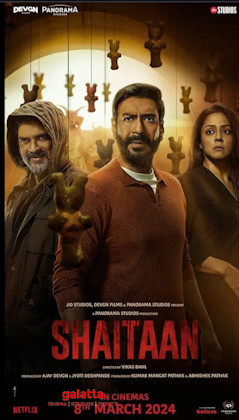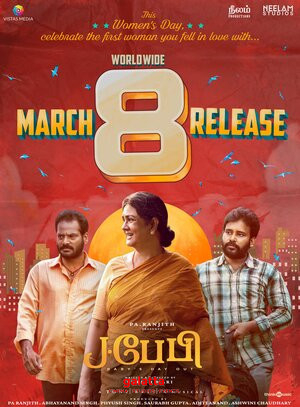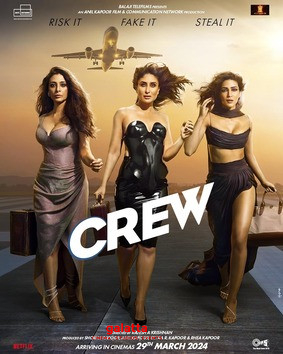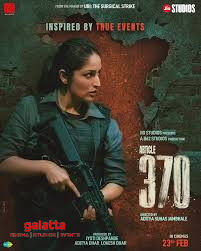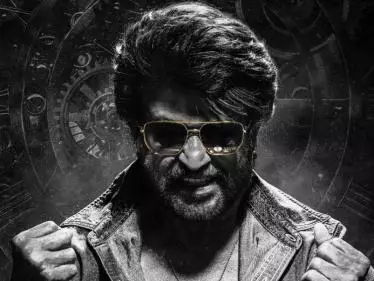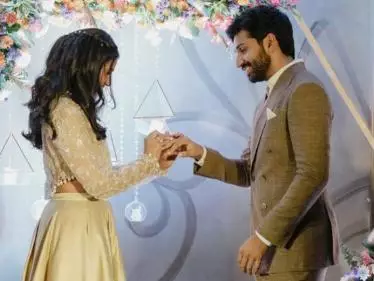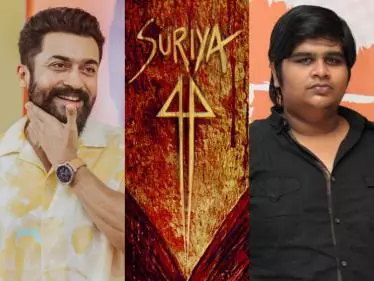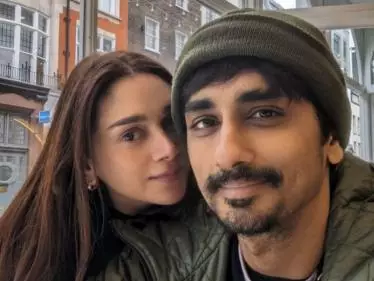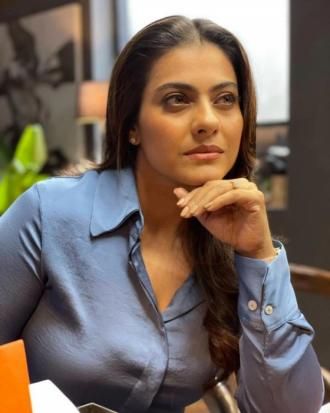Woh Bhi Din The Movie Cast & Crew
Sajid Ali has said that if streaming platforms hadn’t popped up, Woh Bhi Din The – which he directed before Laila Majnu – would have never seen the light of day. On the one hand, it’s a sad reminder of the reality of what works in theatres today – or at least, what the powers that be decide will work in theatres today. On the other hand, home-viewing is perfect for this sweet, slight, nostalgic coming-of-age story. Woh Bhi Din The does not feel like something you’d be watching with a crowd, munching expensive popcorn. It feels like sitting on a friend’s couch, going through their photo albums. There’s nothing new, exactly, in this film that opens with a thank-you card to Jamshedpur, where Sajid and his brother Imtiaz Ali grew up. But the problems faced by the characters – students in twelfth standard – are eternal, and a solid cast makes it a solid watch.
This sub-genre of film thrives on memories, and Woh Bhi Din The is no different. We see the potential of a crush being assessed through the FLAMES game. We see movie tickets being bought in a caged corridor, and we see the thrill of having obtained those tickets. (This thrill is something the online-booking generation will never know.) We get a porn-watching scene. We get a scene where a boy is peer-pressured into smoking, because “yehi hai tera mard banne ka chance!” We get locals who interact with the school kids and become a bad influence. And we see girls entering the school for the first time. An early scene has the protagonist pull off a daring and dangerous prank, climbing up to the school’s terrace. But the minute he faces a girl, he is dumbstruck.
Rohit Saraf plays our protagonist, named Rahul. He loves classic and progressive rock: The Beatles, Pink Floyd, etc. But at heart, he is very much a regressive (not intentionally, though) small-town Indian boy. His dilemma is kinda-sorta reminiscent of the one in Jo Jeeta Wohi Sikandar. On the one hand, there is the sweet, desi neighbour, Shalini (Charu Bedi). She wears salwar kameez-es and lives in the apartment complex opposite his, as opposed to Malaika aka Milky (a superb Sanjana Sanghi), who lives in a mansion and wears Western clothes. Shalini is shy, the foreign-returned Milky is uninhibited. Looking at Milky, at first, Rahul mentally slut-shames her - but when he gets to know her, his world opens. He realises she is a “nice girl”, after all. Is Rahul a two-timer? No. He is just confused. One part of him craves the familiarity that Shalini represents, while another part wants to explore the different world that Milky lives in.
This love triangle is written with lovely, delicate moments. Take the scene where Rahul’s adolescent angst has alienated him from everyone in class, and Shalini hands him a cassette to listen to. “Thank you, yaar,” Rahul says. You really feel his gratitude that someone seems to be on his side, when nothing seems to be going right. Or take Rahul’s best friend Joy Ganguly (Adarsh Gourav, acing the role of the perennial sidekick). Rahul doesn’t have the guts to speak to Milky, so he makes Joy hang out with her “as a friend”. Later, when Rahul tells Joy that he likes Milky, the expression on Joy’s face is complicated. Has he fallen for Milky? Is that part of the many things that make him blow up at Rahul in a later scene?
For all her sophistication, Milky, too, is confused. At one point, she lashes out at Rahul that he cannot dictate what she can and cannot do because he is not her husband. And yet, she wants to do things to make him like her, things that she would not have done otherwise. Had Rahul not been in the room with other guys, and had she not seen the sour look on his face, maybe she would have had the beer that was offered to her! The fact that adolescence is complicated is the generic narrative of the film, but these characters and their very unique complications makes it all very specific. Rohit Saraf has a clean, almost transparent face that looks like it is still being formed, and his whole persona is a shivering mess of awkwardness. He carries the film beautifully.
I could have lived without the awkward and clichéd framing device of a famous alum (played by a famous star) who visits the school and narrates these events to a bunch of boys who are being punished for things very similar to the ones he did while in school. He is, of course, the grown-up Rahul. He now says things like “Time ka value uske beetne ke baad hi pata chalta hai”. He adds that these are the best years of life. I don’t know. I like to wallow occasionally in nostalgia, but I like to think the best is still to come. If you think that “the best years” are behind you – how will you motivate yourself to get out of bed? But such is this sub-genre, and Woh Bhi Din The is a good example of it. It’s simple, it’s sweet, it makes you smile, it makes you sad, it makes you recall a part of yourself even if you’ve never been to Jamshedpur.



